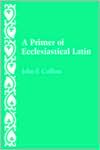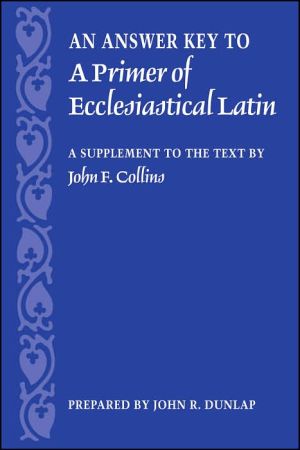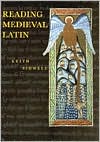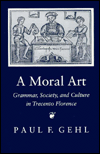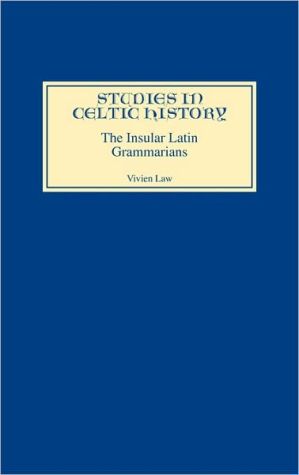Latin Grammar and Rhetoric: Classical Theory and Medieval Practice
No legacy from antiquity to the Latin Middle Ages was more pervasive, or more enduring, than that of grammar and rhetoric. Cicero's son would have felt at home in a Tudor schoolroom, and the classical curriculum is readily recognizable in that of the Tudor schoolroom. And yet, grammatical and rhetorical theory and practice did change during those 1500 years, in ways that continue to demand, and richly reward, investigation. The twelve essays in this book contribute to the rapidly growing...
Search in google:
No legacy from antiquity to the Latin Middle Ages was more pervasive, or more enduring, than that of grammar and rhetoric. Cicero's son would have felt at home in a Tudor schoolroom, and the classical curriculum is readily recognizable in that of the Tudor schoolroom. And yet, grammatical and rhetorical theory and practice did change during those 1500 years, in ways that continue to demand, and richly reward, investigation. The twelve essays in this book contribute to the rapidly growing body of knowledge about the teaching and uses of grammar and rhetoric in the Latin West from late antiquity to the dawn of a new era in the twelfth and thirteenth centuries. Since grammar and rhetoric dominated (indeed, almost monopolized) schooling from Cicero's Rome until the twelfth-century revival of Roman law and the rise of universities, clearly a collection of essay examining aspects of these two subjects will, by definition, enrich the larger history of education as well.This transitional period of profound cultural change throughout the former Roman Empire-including the spread of Christianity, the decline of public schools, and the influx of non-Latin-speaking peoples-rewards a diachronic focus on delimited, sharply focused topics. Each author considers such questions as: How did medieval teachers and writers interpret or "repurpose" grammatical and rhetorical texts they inherited from antiquity? What innovations, what new attitudes, did they bring to the task of teaching these two foundational subjects? The book should appeal to students and teachers of classics and late antiquity, rhetoric, the history of education, monasticism, and medieval studies in general.
Notes on contributorsPrefaceAbbreviations1Latin orthopraxes12Tales out of school: grammatical culture in Fulgentius the Mythographer223After the schools: grammar and rhetoric in Cassiodorus484Grammar and exegesis: Bede's Liber de schematibus et tropis635De schematibus et tropis in Italian garb: a study of Bamberg Msc. Class. 43926The Hermeneumata pseudodositheana, Latin oral fluency, and the social function of the Cambro-Latin dialogues called De raris fabulis1097The golden line: ancient and medieval lists of special hexameters and modern scholarship1398Medieval teaching texts on syllable quantities and the innovations from the school of Alberic of Monte Cassino1809Narrative and an absolutely fabulous commentary on Ovid's Heroides21210Late antique rhetoric, early monasticism, and the revival of school rhetoric23911Ancient sophistic and medieval rhetoric25812Weeping for Dido: epilogue on a premodern rhetorical exercise in the postmodern classroom284Index of manuscripts295General index297

